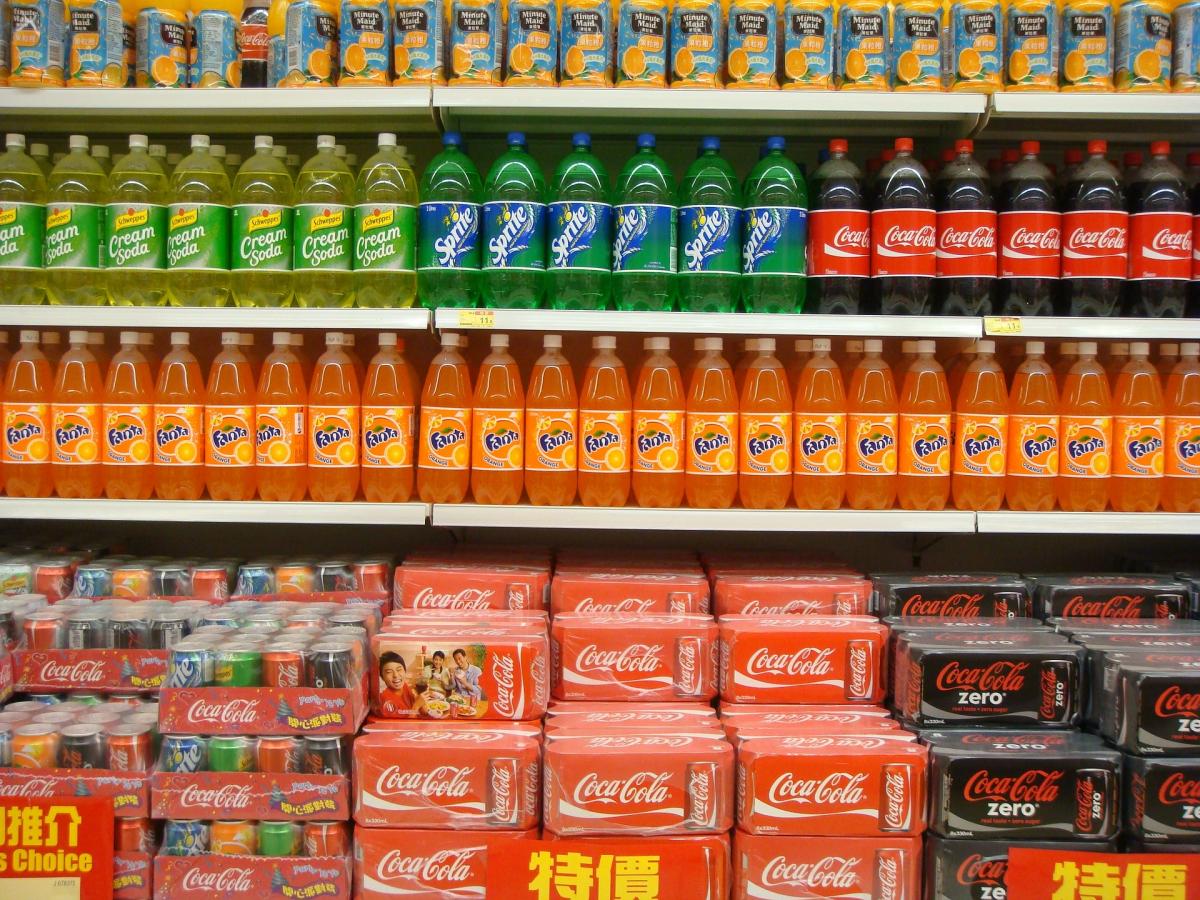Last month, Philadelphia became the first major city to pass a tax on soda and other sugary drinks. Despite doubt from opponents that a soda tax would really curb obesity, Mayor Jim Kenney was able to get a 1.5 cents per ounce tax passed (lower than his previous proposal of 3 cents per ounce). In part, this was due to approaching the tax differently — rather than to address obesity, the tax was pushed as a way to address poverty in the city, by allocating the collected monies to pre-K education.
Proponents of the bill include the democratic Mayor Jim Kenney, who expressed that the way to address poverty and increase pre-K funding is “…this targeted tax on an industry that makes enormous profits on the backs of poor people.” The tax is believed to have a particularly positive impact on the consumption habits of low-income families. Public health advocates support the tax, as does former New York Mayor Michael Bloomberg, who tried — and failed — to enact a similar soda tax in New York City. According to this survey, 59% of Philadelphians favor the tax as well.
The primary opponent of the bill is the sugar-sweetened beverage industry, including the American Beverage Association who has been actively lobbying against it, and has funded the No Philly Grocery Tax coalition. Other industry members oppose the tax, claiming that it will not achieve the desired outcome and will cost many family-sustaining jobs in the process. Some small business owners agree as well, stating that the lack of revenue from soda purchases could hurt their business.
What evidence exists that indicates the potential effectiveness of such a tax? In 2014, the American Journal of Agricultural Economists published a study that found that a 0.04 cents per calorie tax on sugar-sweetened beverage would cause consumers to drink 5,800 fewer calories from sugary drinks. In the case of tobacco products, some studies have found that an increase in taxes results directly in a decrease in consumption. A study published this year in Pediatrics found that health-warning labels are also effective in causing consumers to buy fewer sugary drinks. Yet, opponents insist the evidence that a tax will reduce consumption is lacking, and that there is not evidence that a decrease in consumption can actually curb obesity.
Despite the objections, the soda tax has passed and will go into effect on January 1, 2017. Time will tell the ultimate implications of the tax and whether or not the intended outcomes — improvements in pre-K education, poverty relief, and curbing obesity — will be achieved. Regardless, the passing of such a tax in a major city could set a precedent. It seems that more and more people are acknowledging the importance of healthy consumption habits in our lives, and perhaps are finally going to start prioritizing it, even on a government level.
What do you think? Do you support a sugar-sweetened beverage tax? How do you think it will affect consumers? Let us know!
Proponents of the bill include the democratic Mayor Jim Kenney, who expressed that the way to address poverty and increase pre-K funding is “…this targeted tax on an industry that makes enormous profits on the backs of poor people.” The tax is believed to have a particularly positive impact on the consumption habits of low-income families. Public health advocates support the tax, as does former New York Mayor Michael Bloomberg, who tried — and failed — to enact a similar soda tax in New York City. According to this survey, 59% of Philadelphians favor the tax as well.
The primary opponent of the bill is the sugar-sweetened beverage industry, including the American Beverage Association who has been actively lobbying against it, and has funded the No Philly Grocery Tax coalition. Other industry members oppose the tax, claiming that it will not achieve the desired outcome and will cost many family-sustaining jobs in the process. Some small business owners agree as well, stating that the lack of revenue from soda purchases could hurt their business.
What evidence exists that indicates the potential effectiveness of such a tax? In 2014, the American Journal of Agricultural Economists published a study that found that a 0.04 cents per calorie tax on sugar-sweetened beverage would cause consumers to drink 5,800 fewer calories from sugary drinks. In the case of tobacco products, some studies have found that an increase in taxes results directly in a decrease in consumption. A study published this year in Pediatrics found that health-warning labels are also effective in causing consumers to buy fewer sugary drinks. Yet, opponents insist the evidence that a tax will reduce consumption is lacking, and that there is not evidence that a decrease in consumption can actually curb obesity.
Despite the objections, the soda tax has passed and will go into effect on January 1, 2017. Time will tell the ultimate implications of the tax and whether or not the intended outcomes — improvements in pre-K education, poverty relief, and curbing obesity — will be achieved. Regardless, the passing of such a tax in a major city could set a precedent. It seems that more and more people are acknowledging the importance of healthy consumption habits in our lives, and perhaps are finally going to start prioritizing it, even on a government level.
What do you think? Do you support a sugar-sweetened beverage tax? How do you think it will affect consumers? Let us know!






